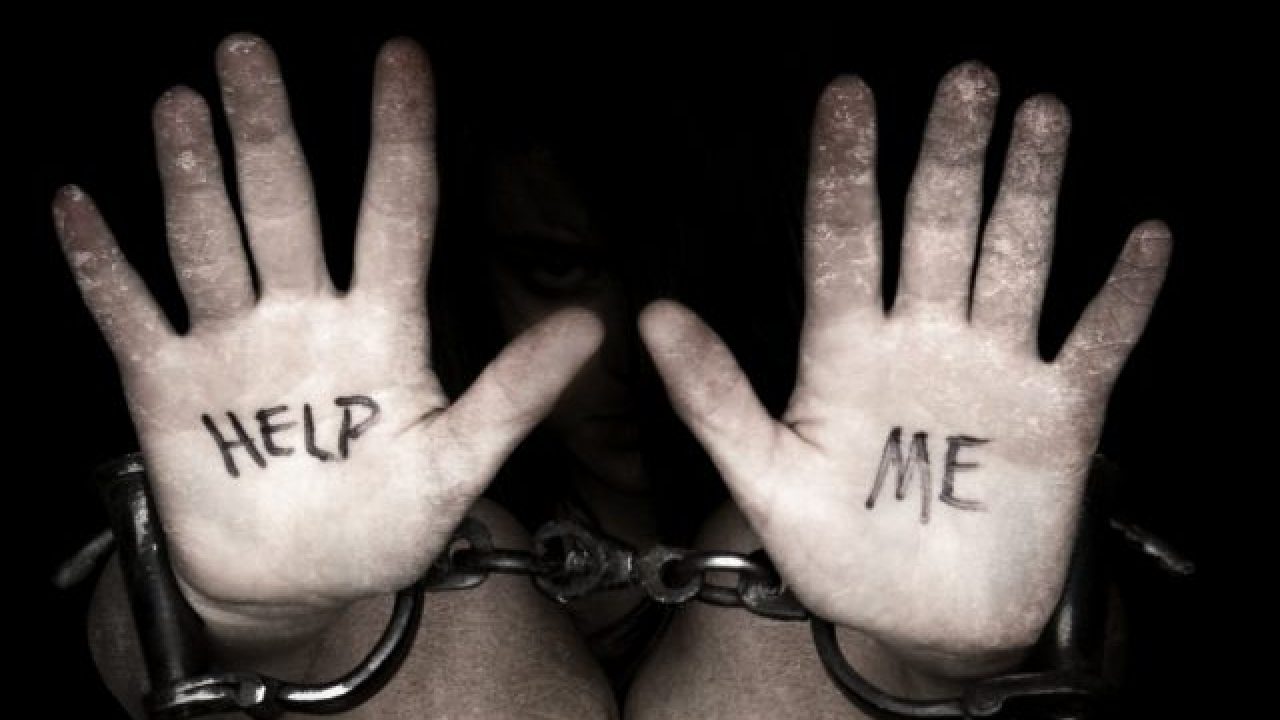A type of social institution known as “untouchability” justifies and upholds acts that are exploitative, humiliating, and discriminating toward members of particular social groups. Untouchability including the caste system is primarily specific to South Asia, although similar types of discrimination being present around the world.
The phrase is most frequently linked to how the Dalit people of the Indian subcontinent were treated since they were viewed as “polluting.” Other ethnic groups, such as the Burakumin of Japan, the Baekjeong of Korea, the Ragyabpa of Tibet, the Romani and Cagot of Europe, and the Al-Akhdam of Yemen have also been referred to by the term. Traditional untouchable tribes included fishers, manual scavengers, sweepers, and washermen since their jobs and lifestyles required ritually “polluting” acts.
Untouchables were not regarded as a part of the varna system, per the sacred Hindu text. As a result, they weren’t treated the same as the savarnas (Brahmins, Kshatriyas, Vaishyas and Shudras).
The government of Nepal officially abolished the caste system and made all caste-based discrimination, including “untouchability,” illegal in 1963 because of widespread caste-based prejudice in the country.
Untouchability’s legal definition is ambiguous, and historians disagree on its beginnings and historical veracity. B. According to R. Ambedkar, untouchability dates at least to 400 AD. A recent study of a representative sample of Indian households draws the following conclusion: “Despite the likelihood of under-reporting of the practise of untouchability, 70% of the population reported not indulging in this practise. This is an encouraging sign.
The Dharmashastra is thought to have made the first reference to untouchability. Untouchables were not regarded as a part of the varna system, per the sacred Hindu literature. As a result, they weren’t treated the same as the savarnas (Brahmins, Kshatriyas, Vaishyas and Shudras).
ACTIONS TAKEN BY GOVERNMENT AGAINST UNTOUCHABILITY IN INDIA:
There are more than 200 million Dalits in India. When India gained its freedom, Dalit campaigners pushed for separate electorates for the untouchables in order to ensure fair representation. It would ensure representation for Sikhs, Muslims, Christians, and Untouchables in the newly elected Indian government and is formally known as the Minorities Act. Representatives from the United Kingdom, like Ramsay MacDonald, backed the Act. According to the textbook Religions in the Modern World, B. R. Ambedkar, who supported the Act as well, was regarded as the “untouchable leader” who worked hard to abolish caste system advantages such as taking part in community festivals, visiting temples, and performing wedding ceremonies. Gandhi’s hunger strike was somewhat successful, but Dalit campaigners were urged by most Hindus to terminate the protest at the expense of their cause and their leader’s deteriorating health. Eventually, a compromise was reached between the two sides, increasing the number of guaranteed seats for Untouchables at both the national and provincial levels while maintaining a single electorate.
No matter how advanced and educated we are today but still we can see untouchability living in our society. And not only that but this practise is eating our society which is a negative remark on us as a human being. It is our duty to end this thing and see society with a new perspective.












